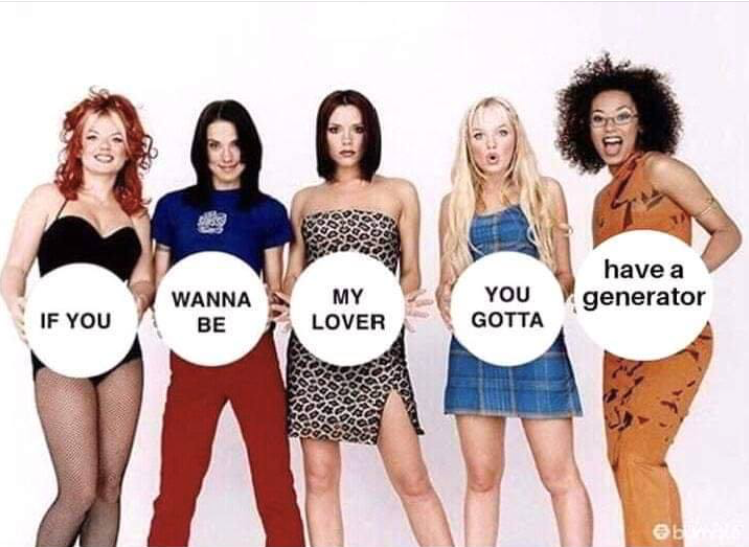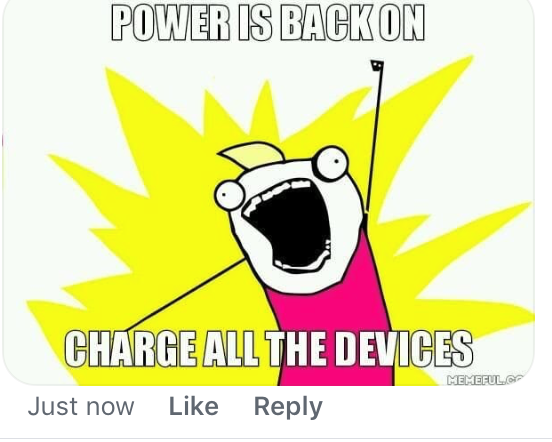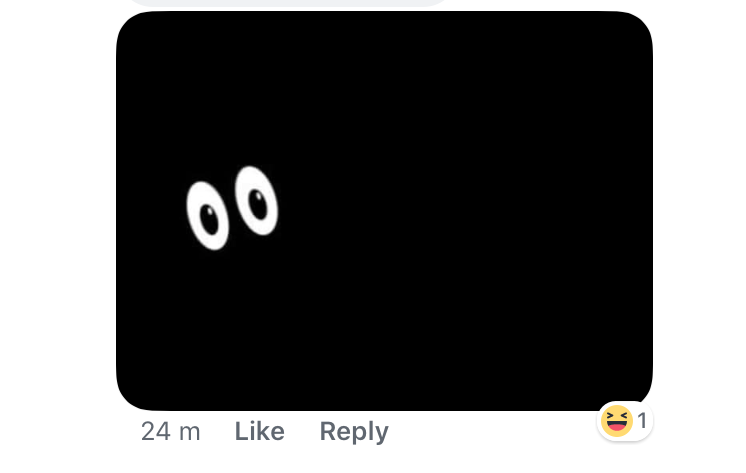This post is also available in:  Nederlands (Dutch)
Nederlands (Dutch)
All of a sudden it was pitch dark. What the hell? I was relaxing on the couch, child to bed, husband out of town so I had the whole evening for me, myself and Netflix. Cup of tea and chocolate within reach. How wonderful life can be! The only thing you need is electricity…
I’m really not accustomed to the fact of having no electricity. It makes me feel vulnerable. No light (which is quite tricky with an eye defect of -8), obviously you forget to charge your phone (but with the load shedding the cover of Vodacom also drops down so who cares), you can throw away half of your refrigerator and the garage door needs to be opened manually. Which is possible if you’re standing inside the garage, but not outside. On the other hand, now, I do know what’s the best spot to break in our house so that’s always good to know in this country.
But also the traffic is experiencing annoyance from load shedding. For example, all traffic lights in the district go black. In itself, this is not a problem at a small crossing but imagine this happening at big crossings like William Nicol and the N1.Chaos. It will take you three times as long to get home. Although the traffic rule, who comes first, goes first, is doing terribly well in these situations. In my opinion, the small entrepreneur really suffers most from load shedding. The bakery can suddenly no longer use the oven to bake bread, the hairdresser cannot do any blow dry and for other shops: no lights and no electronic card payments. In short, load shedding is bad news in economic terms.
Back to the beginning. It was really dark. Nowhere a light to be seen. Which in itself is weird knowing that I live in a city with millions of residents. It can only mean one thing: load shedding. Before I moved to South Africa I had never heard of this. With load shedding, parts of the city are planned being disregarded from power. The purpose of this is to be able to live up to the rising demand or to carry out maintenance. Often this takes place in episodes of 4.5 hours. Eskom, the local power supplier uses several stages. With stage 0 there is no load shedding and at stage 4, the demand for electricity is so high that almost every district will experience load shedding every day. Sometimes twice a day which means you don’t have access to power for 9 hours.
In itself, it is not a problem to have no electricity, but there is a reason why I don’t like camping. At least when you do, you’re prepared. Then you know where you put your candles and at least as important: you know where the lighter is. Since a few weeks, again Johannesburg is under the spell of load shedding. After months of absence, there is something wrong with Eskom and we’re experiencing load shedding every day. Something wrong… To a large extent, it is due to bad management. For example, the power stations have too little coal and diesel, one and a half years ago an important maintenance program was put on hold while the power stations really are out-of-date and since hurricane Idai passed in neighbouring countries South Africa also cannot take power from there. On social media, all kinds of messages are posted with the question where and when and for how long! In the worst case, people are afraid of an up scaling to stages 5 and 6. Whatever that may mean… But also a total blackout is feared (stage 8). I must confess – despite that there is also a lot of complaining, South Africans still have their humor with Facebook posts like ‘You want to explain load shedding? It’s Eskomplicated and ‘Why are the lights on? ‘
It also shows the great contrasts in this country. It is the first and third world together. Millions of people have no access to electricity at all on a daily basis. Thinking of that I appreciate the Netherlands so immensely. Off course there are differences in income but it does not arise in such large differences in quality of life.
And how did Eskom respond to the negative publicity? From the 1st of April, they decided to increase their tariff by 14%.
You got to love South Africa!


